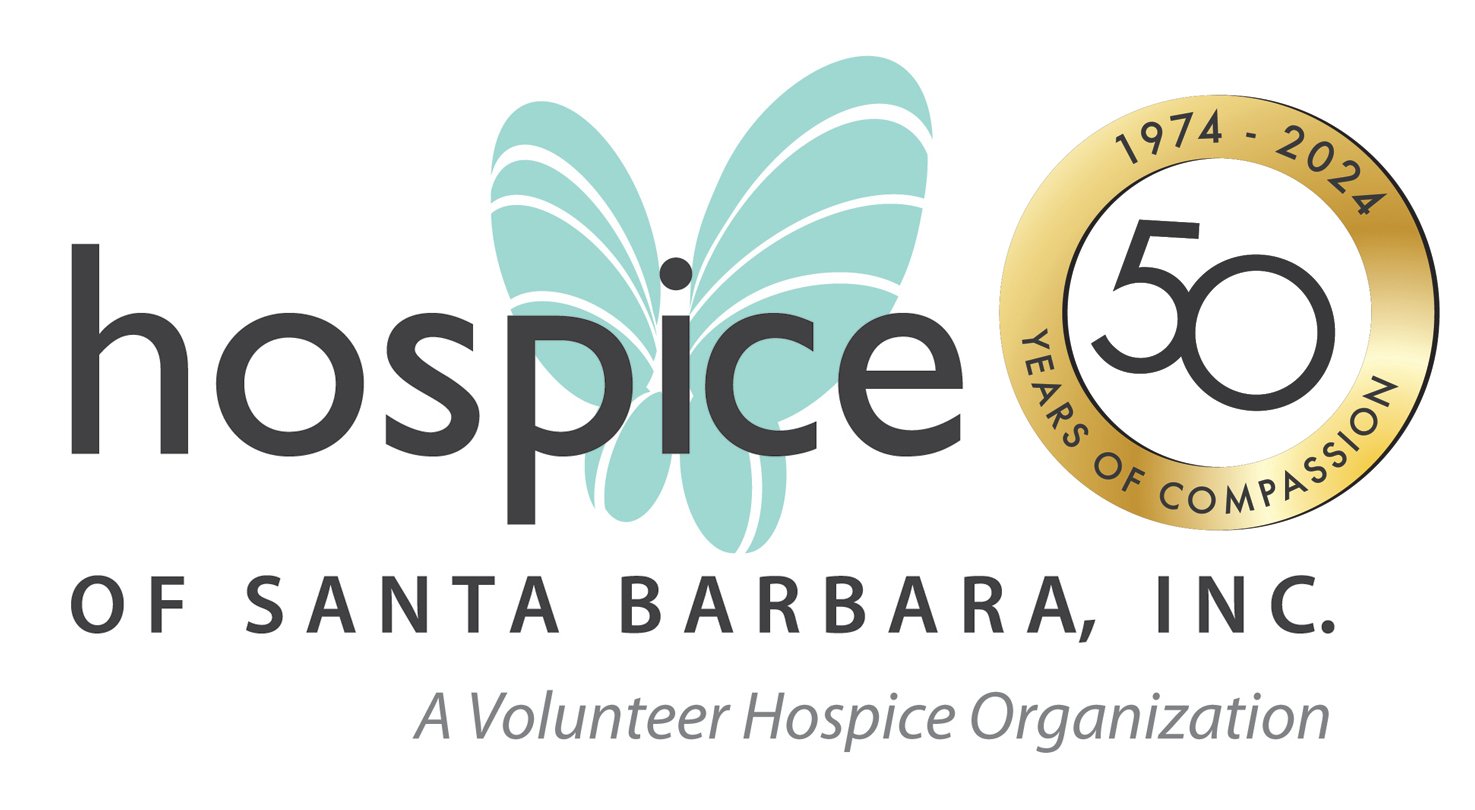By Suzanne Retzinger PhD & Sharon Vineall, LCSW
What is Anticipatory Grief?
We often begin anticipating a loved one’s death when there is a diagnosis of a life-threatening illness — this is known as anticipatory grief.
Anticipatory grief refers to a set of feelings and reactions that occur before an impending loss. Some individuals experience feelings such as fear and anxiety, as well as exhaustion. For some, the individual anticipating the death if a loved one is also in the role of a caregiver. Being a caregiver is one of the most intimate relationships we can have with someone we love, and it’s one of the most painful. It opens us to the most sacred and vulnerable places in ourselves. These emotions can be just as intense as the conventional sort of grief felt after a death.
Anticipatory Grief Signs and Symptoms
While we may feel anticipatory grief while our loved one is still alive and well, it bears many of the same symptoms as conventional grief. Grief is often defined as progressing through stages, such as anger, sadness, denial, anxiety, depression and acceptance. However, there is no single, monolithic experience of grief. You might experience many recognizable symptoms, or just a few:
Sadness/tearfulness
Anger
Loneliness
Anxiety and depression
Guilt
Desire to talk
Fear
Fatigue
Emotional numbness
Poor concentration/forgetfulness
Anticipatory grief also has some characteristic signs and symptoms that are distinct from normal grief. These signs include an increasing concern for the person dying, imagining or visualizing what the person’s death will be like, and getting ready for what life will be like after a loved one is gone. You may feel the need to try to attend to unfinished business with the dying person. There is a high risk of depression with this type of grief as well.
How Hospice of Santa Barbara Can Help in Anticipatory Grief
There are several areas of preparation when someone is dying: there are material matters— estate or legal issues with property; there are medical issues with the care of dying; and there are emotional and spiritual issues, which is what HSB most often addresses.
HSB anticipatory grief counseling helps with these concerns by providing:
· Emotional/supportive counseling to support one's ability to cope.
· Discussion and support for treatment decision making, quality of life issues and completing advance directives.
· Help for patients and family in preparing for the loss through practical assistance for things such as legacy work, funeral arrangements and memorial planning.
· Connection to other supportive community resources as appropriate to an individual's needs and circumstances.
· Year to Live, a yearlong support group at HSB. The idea is to open more fully to life and to savor it while there is still time. We can simply begin now by saying “I love you” more often.
The Approach
In our work at HSB, we have found that it is helpful for people to begin preparing emotionally and spiritually for the death of a loved one. Some of the steps in preparing for the death of a loved one involve tying up loose emotional ends -- what can be described as “honorable closure.” In order to open the next door in our lives, we need to close the past as cleanly as possible. Steps include asking ourselves:
· What am I grateful for? Have I spoken this in detail to my loved one?
· How have I been positively impacted and changed by having this person in my life, and have I shared this with the person?
· Where have I been deeply challenged and stretched out of my comfort zone? Where have I felt the most defensive or reactive? How can I rectify any unfinished feelings?
· What do I need to say or do to feel complete with this experience? In three, six or nine months after my loved one dies, what might I regret that I did or didn't say or do?
· Do I need to ask for, or offer, forgiveness?
